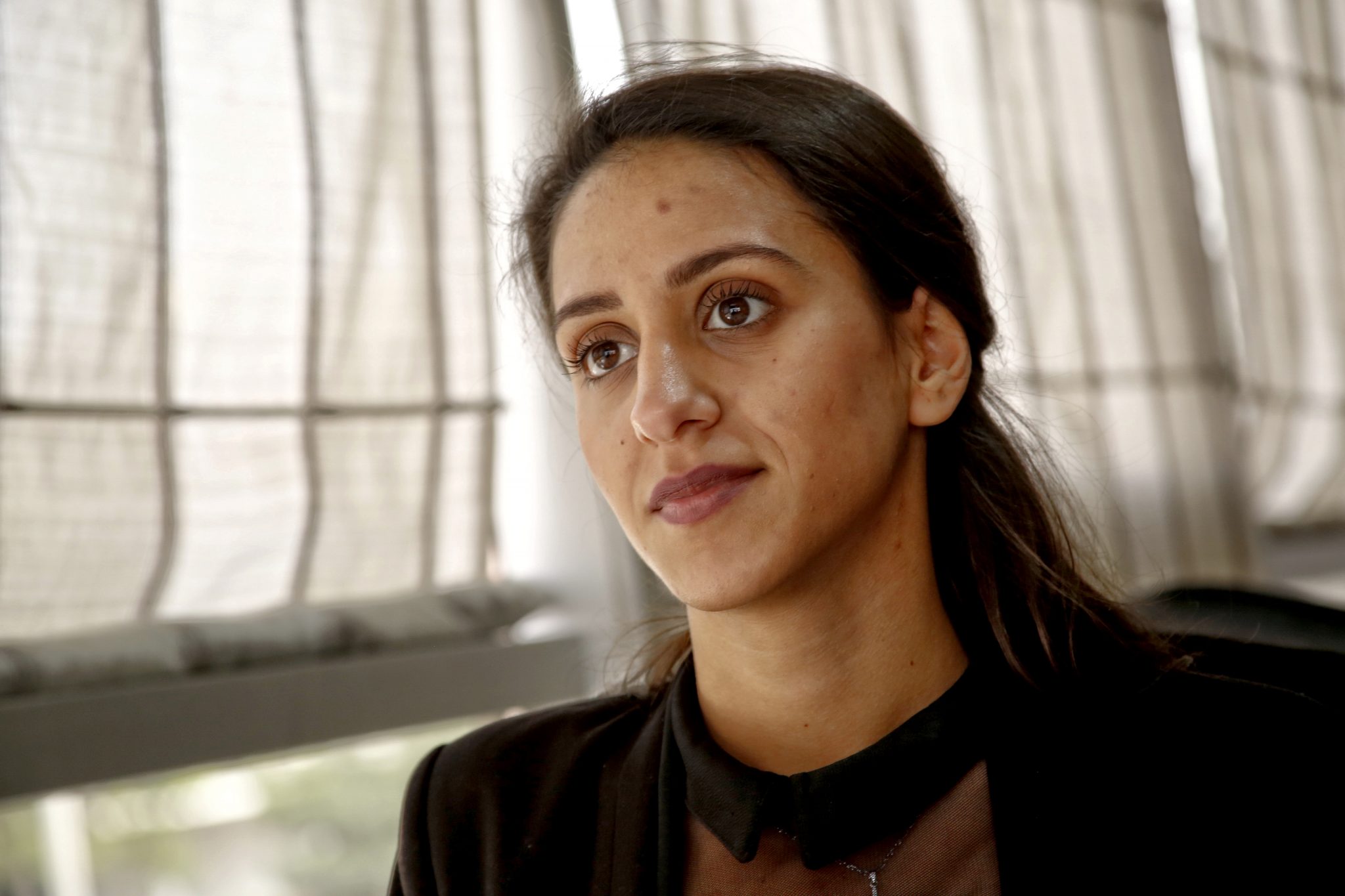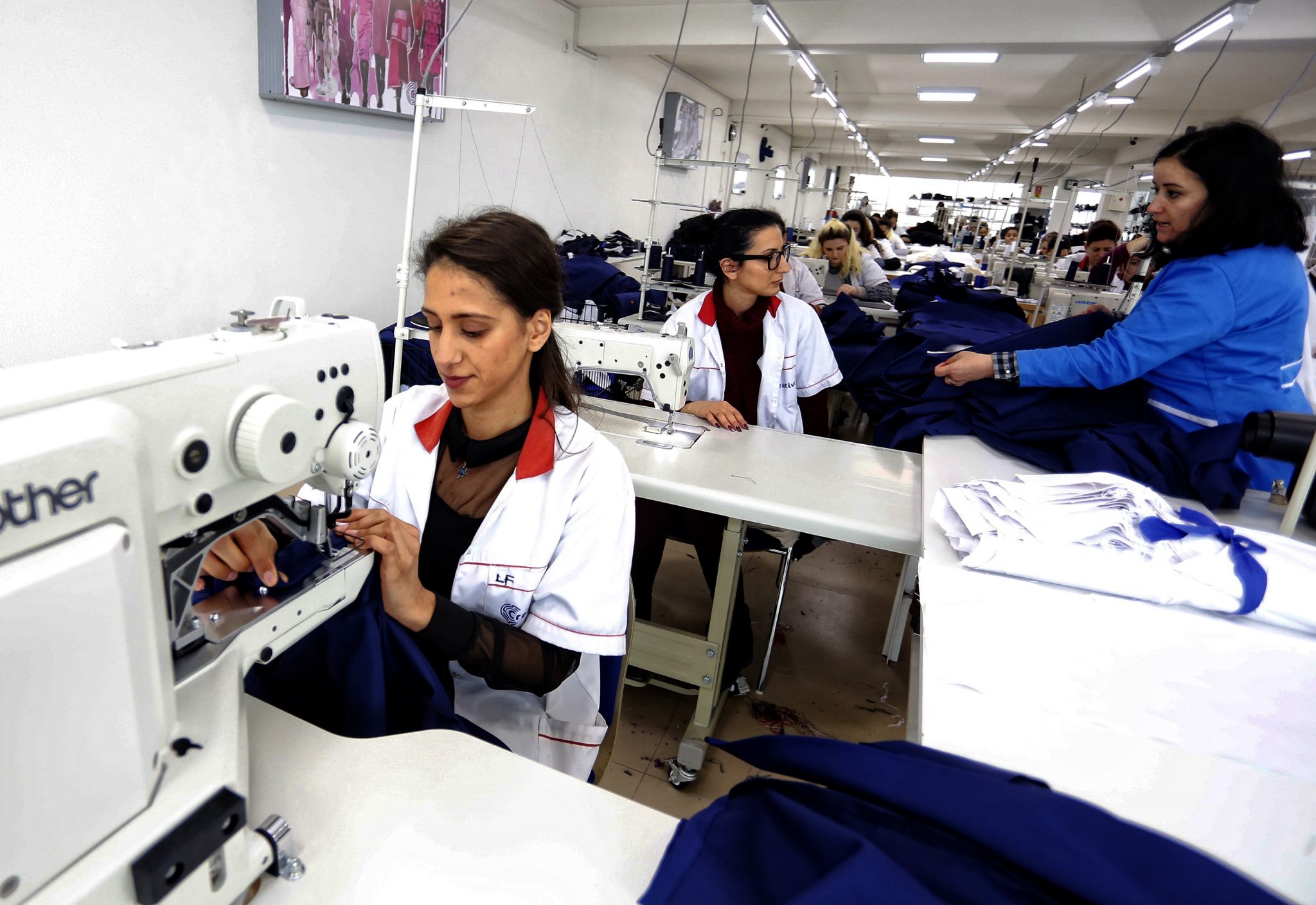“I no longer feel marginalised,” says activist in Kosovo
In Kosovo, minority groups such as Roma, Ashkali and Egyptians are marginalised. Members of these groups are often not very highly educated and struggle to find work. Women in particular are discriminated against. One of the reasons is the fact that they often enter into arranged or even forced marriages at an early age. This causes them to drop out of school and increases their risk of domestic violence.

To address the problem, Kosovo’s government developed guidelines to better integrate minority groups in society. In practice, however, the strategies are ignored. That is where Kvinna till Kvinna’s partner organisation NRAEWOK (Network of Roma, Ashkali and Egyptian Women’s Organisations of Kosovo) enters the picture. It is Kosovo’s only non-governmental actor that specifically focuses on supporting women from the three minority groups.
The organisation supports minority groups
While NRAEWOK has a tough assignment, it has already caused major changes. One thing they have lobbied for is including a gender perspective in the government’s guidelines on integration of minority groups. NRAEWOK also organises activities for young people. The activist Lule Fila, who lives in Gjakova city, was one of the almost 500 women to take part in NRAEWOK’s programme.
“I no longer feel marginalised. The organisation gave me a sense of strength. Now, I’m able to defend my own rights and those of other minorities,” she says.
This is a new experience for Lule. In the past, she witnessed several instances of gender-based violence, but always felt too afraid to react.
“It was painful to see, but I never knew what I could do, so I ended up not doing anything,” she recalls.
NRAEWOK recommendations often followed
NRAEWOK also raises awareness among authorities, works with judicial processes and educates the public about how gender-based violence and forced marriage affect women from minority groups. It has established a good working relationship with public institutions, and its recommendations are often followed. Yet despite the organisation’s hard work, a lot remains to be done, both in the civil society sector and in parliament.
